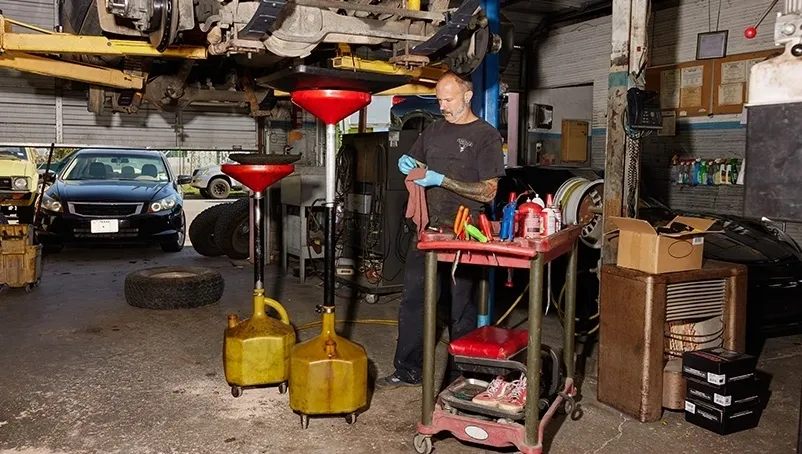
The mechanic’s lien is a legal tool used by auto repair shops to collect debts for work that was completed. Eventually, the lien may give the shop full ownership of your vehicle at which point they can recuperate their losses by selling it. If you believe a mechanic’s lien was issued for the wrong reasons, contact an attorney.
If your car has an active mechanic’s lien, you cannot:
If you fail or refuse to pay your repair bill, whether it’s justified or not, the shop has the legal right to put a mechanic’s lien against your vehicle. Each state requires a different process for the mechanic to place the lien on the vehicle, but it usually only requires that they file some paperwork with the local DMV.
The claim is valid for the value of the amount of repairs plus some additional costs as determined by the situation. That means you may have to pay additional amounts over the cost of your original bill to remove a mechanic’s lien from your car title – it’s best not to let it get this far if you can help it.
Here is the general process for getting a mechanic’s lien in most states:
What happens next is up to the customer:
It’s easy to see how that last point could open the door to scammers trying to get vehicles for free. It could also motivate shady sellers to offload their vehicle in a quick cash sale without disclosing the mechanic’s lien on the title. Thankfully, doing so is illegal, but it’s still best to run a quick VIN Check to uncover hidden liens on any vehicle you plan to buy.